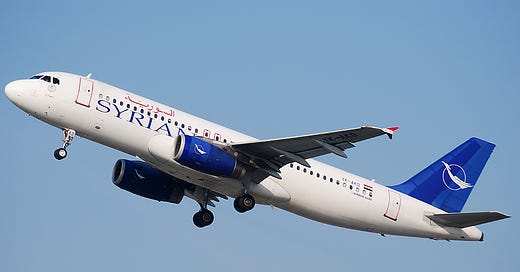Few ironies stand as stark as the U.S. involvement in Syria—a misadventure that began under the auspices of the 2001 Authorization for Use of Military Force (AUMF). Initially designed as a broad mandate to pursue al-Qaeda and its affiliates following the 9/11 attacks, the AUMF became the legal linchpin for countless military engagements, including the Syrian Civil War. Yet, the perverse irony of this legal justification is manifest in the rise to power of Abu Mohammed al-Jolani, an al-Qaeda stalwart, now presiding over a 'free' Syria. This irony underscores the broader implications of U.S. foreign policy, wherein efforts to combat extremism have, paradoxically, empowered one of its most notorious figures. Such outcomes challenge the credibility of American strategic objectives and highlight the unintended consequences of interventionist policies. American military might, financial resources, and strategic miscalculations facilitated the ascent of a man whose organization is STILL designated a terrorist entity by the U.S. State Department, the European Union, and the United Nations.
Keep reading with a 7-day free trial
Subscribe to The Underground Observer to keep reading this post and get 7 days of free access to the full post archives.





